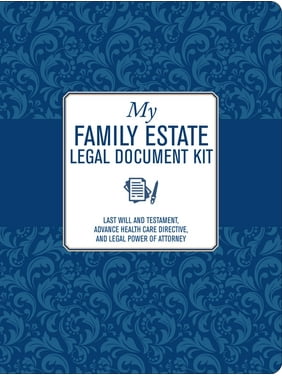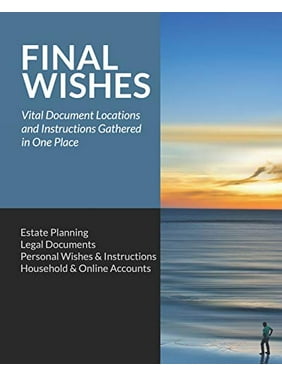Why Everyone Needs an Estate Plan
Don’t let the term “estate planning” fool you. Whether you rent a studio apartment or own a mansion, having an estate plan is crucial. It’s not just about how much stuff you have; it’s about protecting what matters most: your loved ones and your wishes. Think of it as insurance for your relationships. An estate plan ensures that if you’re in an accident and can’t make medical decisions, your family knows what you’d want them to do. It also provides a road map for managing your assets and liabilities if you’re incapacitated and after your death. Clarity and stress reduction are key benefits of having an estate plan.
Three Essential Steps to Get Started
1. Know What Legal Documents You Need
Most people’s estate planning needs can be met with the following legal documents:
- Beneficiary Designations: These instructions specify who should receive your money from various accounts when you pass away. They keep your assets out of probate and supersede your will.
- Last Will and Testament (Will): A will outlines how you want your assets distributed after your death. It’s essential for naming guardians for minor children and expressing your wishes regarding specific possessions.
- Advance Directive for Health Care (Living Will): This document outlines your medical preferences if you become unable to communicate. It covers decisions related to life-sustaining treatments, organ donation, and more.
- Medical and Financial Powers of Attorney: These allow someone you trust to make medical and financial decisions on your behalf if you’re incapacitated.
In some situations, a trust may be necessary. Consulting with an estate planning attorney can help you determine the right documents for your specific circumstances.
2. Work on One Document at a Time
Start by adding beneficiary designations to your accounts. These designations ensure that your financial institutions know exactly who should receive your money upon your passing. By doing this, you keep your assets out of probate, which can be a lengthy and costly process. Beneficiary designations also supersede your will, so it’s essential to keep them up to date.
3. Inventory Your Assets and Liabilities
Create a comprehensive document that lists what you own (assets) and what you owe (liabilities). Include details such as bank accounts, investments, real estate, personal property, debts, and insurance policies. Store this document securely and let your family know how to access it in case of an emergency. Having this information readily available can help your loved ones manage your affairs if you’re unable to do so and facilitate the estate settlement process when you pass away.
Life Insurance and Your Estate Plan
Life insurance plays a vital role in estate planning. It provides financial support for your dependents after your death. Consider reviewing your life insurance policy or exploring coverage options to ensure your loved ones are adequately protected.
Remember, estate planning isn’t just for the wealthy—it’s for everyone who wants to safeguard their family’s well-being and honor their wishes. If you have any questions or need assistance, don’t hesitate to seek professional advice. Your future self and your loved ones will thank you for taking these important steps! 🌟📝





